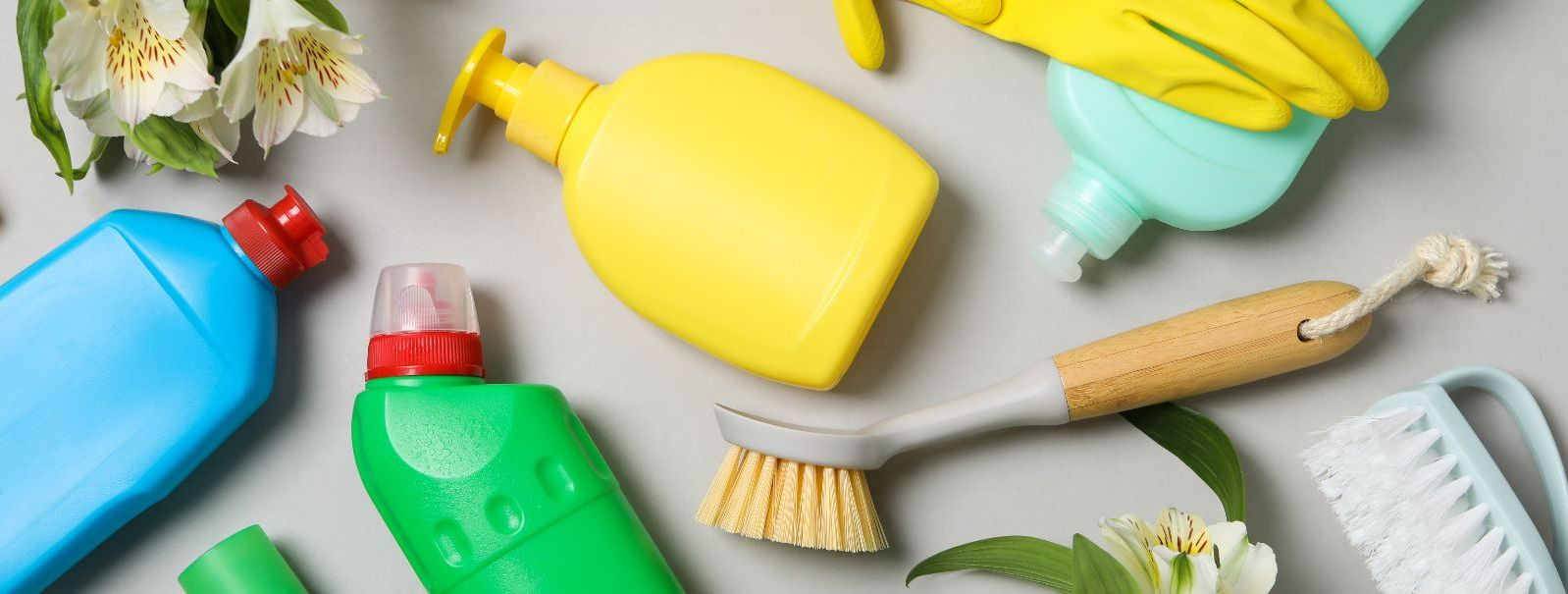The environmental impact of your cleaning service choices
As business owners and managers in the hospitality, corporate, and logistics sectors, you understand the importance of maintaining a pristine environment. However, the choices you make regarding your cleaning services can have a significant impact on the planet. In this post, we'll explore the environmental implications of these choices and how you can contribute to a healthier ecosystem through sustainable cleaning practices.
The push towards sustainability is not just a trend; it's a necessary shift in how we conduct business. The cleaning industry, traditionally reliant on potent chemicals and resource-intensive methods, is now at the forefront of this transformation. Eco-friendly cleaning is not only better for the environment but also for the health and safety of your employees and clients.
Conventional cleaning methods often involve substances that can harm the environment. From the release of toxic chemicals into waterways to the depletion of non-renewable resources, the ecological footprint of traditional cleaning is substantial. Understanding these impacts is the first step towards making informed decisions that benefit both your business and the planet.
The Environmental Footprint of Cleaning Agents
Many standard cleaning products contain chemicals that can cause long-term environmental damage. These substances may persist in the environment, disrupting ecosystems and posing risks to wildlife. The use of such chemicals in your cleaning operations can inadvertently contribute to these issues.
Non-biodegradable substances in cleaning agents can accumulate in the environment, leading to pollution and harm to aquatic life. Choosing cleaning products that are biodegradable and derived from renewable resources is a crucial step in reducing your environmental impact.
Fortunately, there are numerous green cleaning alternatives available that are effective and have a lower environmental impact. These products use natural ingredients and are often certified by environmental organizations, ensuring that your cleaning practices are sustainable.
Equipment and Resource Usage
Energy efficiency is another critical aspect of sustainable cleaning. Traditional cleaning equipment can be energy-intensive, but advancements in technology have led to the development of more efficient machines that reduce electricity usage and carbon emissions.
Water is a precious resource, and its conservation is essential in cleaning operations. Implementing water-saving techniques and equipment can significantly decrease the water footprint of your cleaning services.
Effective waste management is integral to environmental stewardship. By adopting strategies to reduce, reuse, and recycle waste generated during cleaning processes, your business can minimize its impact on landfills and the broader environment.
Impact on Indoor Air Quality
Many conventional cleaning products release VOCs, which can compromise indoor air quality and pose health risks. Selecting low-VOC or VOC-free cleaning solutions can improve the air quality within your facilities, ensuring a safer environment for everyone.
Adopting sustainable cleaning practices not only benefits the outdoor environment but also enhances the indoor atmosphere. By using eco-friendly products and methods, you can ensure that the air within your premises remains clean and healthy.
Choosing a Sustainable Cleaning Service
When selecting a cleaning service, it's important to consider their commitment to sustainability. Look for companies that use green products, employ energy-efficient equipment, and have a robust waste management system in place.
Partnering with a cleaning service that prioritizes sustainability can enhance your business's reputation, reduce operational costs, and contribute to a healthier planet. By making environmentally responsible choices, you demonstrate your commitment to sustainability and set a positive example for others in your industry.






Comments (0)